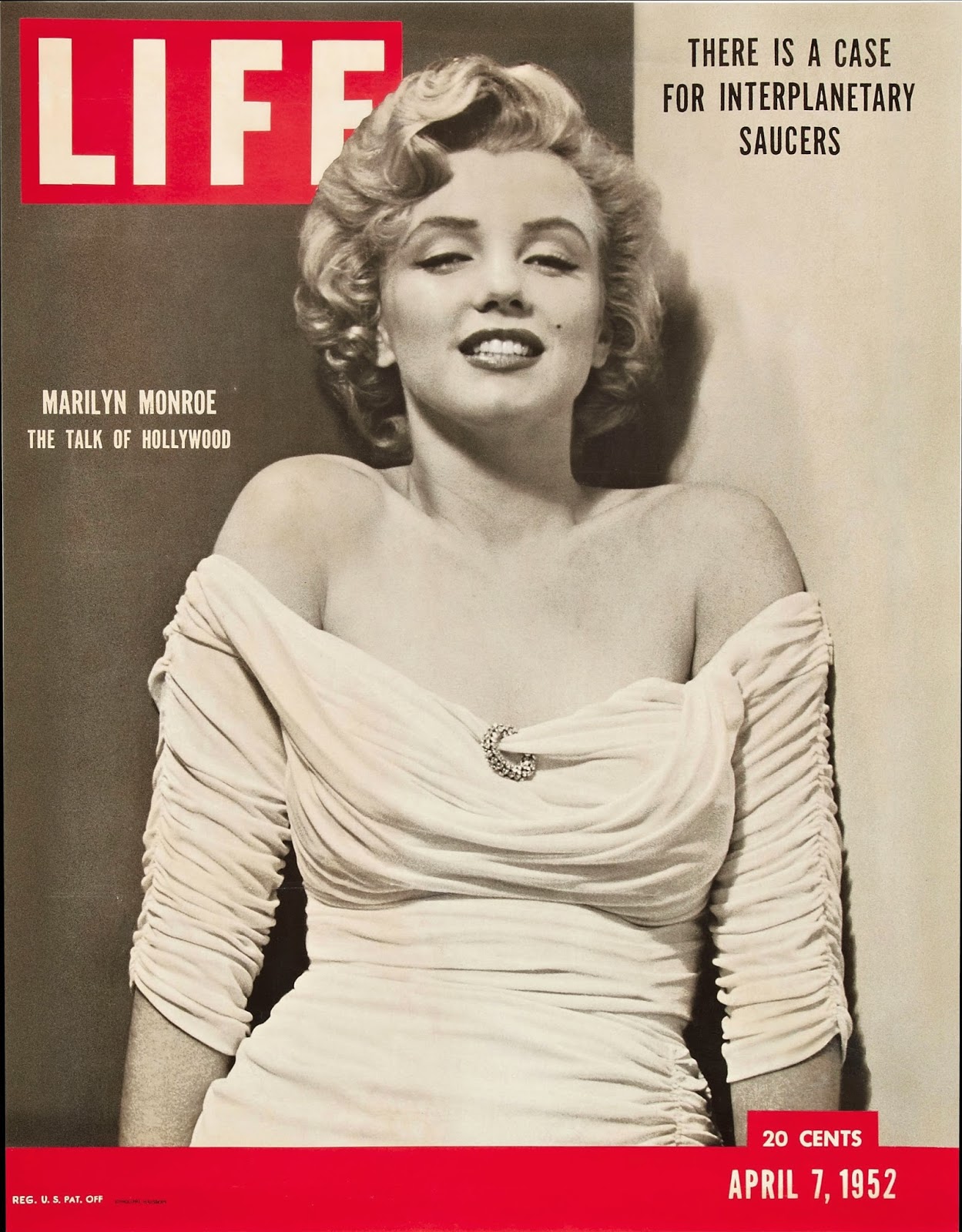I didn't much care for poetry when I was a kid in school. Oh, sure, there were verses I learned out on the playground that I thought were pretty cool:
Ooey Gooey was a worm.
Ooey Gooey loved to squirm.
He squirmed up on a railroad track.
"Toot! Toot!"
Ooey Gooey!
And there were other "poems" I saw on the walls of the boys' restroom now and then:
In this castle, do not linger:
If no paper, use your finger.
But those most assuredly were not the poems that appeared in our books in elementary school and beyond--poems that I just could not get into.
Part of the problem was the teaching, I know. The teachers seemed to know the secrets of the poems, and we had to guess what they were. I did not find this fun to do. Also, they seemed to focus on things that just didn't matter to me at the time--poetic feet and rhyme schemes and the like. Who cares? I thought. Just give me some Ooey Gooey and I'll be happy!
It got worse as we moved up into high school, and I had the experience of not knowing what in the hell the poet was talking about. Remember Shelley's "To a Skylark"? Remember this?
| HAIL to thee, blithe spirit! | |
| Bird thou never wert— | |
| That from heaven or near it | |
| Pourest thy full heart | |
| In profuse strains of unpremeditated art. |
Okay, I think I was in ninth grade the first time I came across this. All the thee stuff made me think of the Bible (which, of course, always made me feel guilty), and wert? Is that even a word? Lines like these just didn't, well, speak to me. Or chirp. Or whatever. And if you had told me that I would one day--willingly! eagerly!--read all of Shelley's poems, I would have laughed in your fat stupid face.
But then ... something happened. I got older. My vocabulary grew. My knowledge of history increased. I started feeling things--things besides disappointment when I missed a foul shot, or embarrassment when I didn't have my homework done (often), or guilt when I thought about *** during algebra class, or ...
I learned that certain poems speak loudly to you at certain times in your life. Frost's "The Road Not Taken"--a poem about choices and consequences. Robinson's "Reuben Bright"--a poem about loss and grief. Shakespeare's sonnet "Let me not to the marriage of true minds admit impediments"--a poem about love's blindness ("love alters not when it alteration finds"). And on and on.
Lately--no surprise--I've been affected by poems about aging. I've memorized Coleridge's lines
| When I was young?—Ah, woeful when! | |
| Ah, for the change 'twixt Now and Then! |
And just the other day, reading a novel, I came across an allusion to a poem by Yeats about aging. The novelist quoted only a line or two, but my trusty iPhone and I hopped onto the Net, where I easily found the whole thing, "The Lamentation of the Old Pensioner":
Although I shelter from the rain
Under a broken tree
My chair was nearest to the fire
In every company
That talked of love or politics,
Ere Time transfigured me.
Though lads are making pikes again
For some conspiracy,
And crazy rascals rage their fill
At human tyranny,
My contemplations are of Time
That has transfigured me.
There's not a woman turns her face
Upon a broken tree,
And yet the beauties that I loved
Are in my memory;
I spit into the face of Time
That has transfigured me.
But, you know, it's a poem you have to be ready for. Which, unfortunately (fortunately?), I am.
































